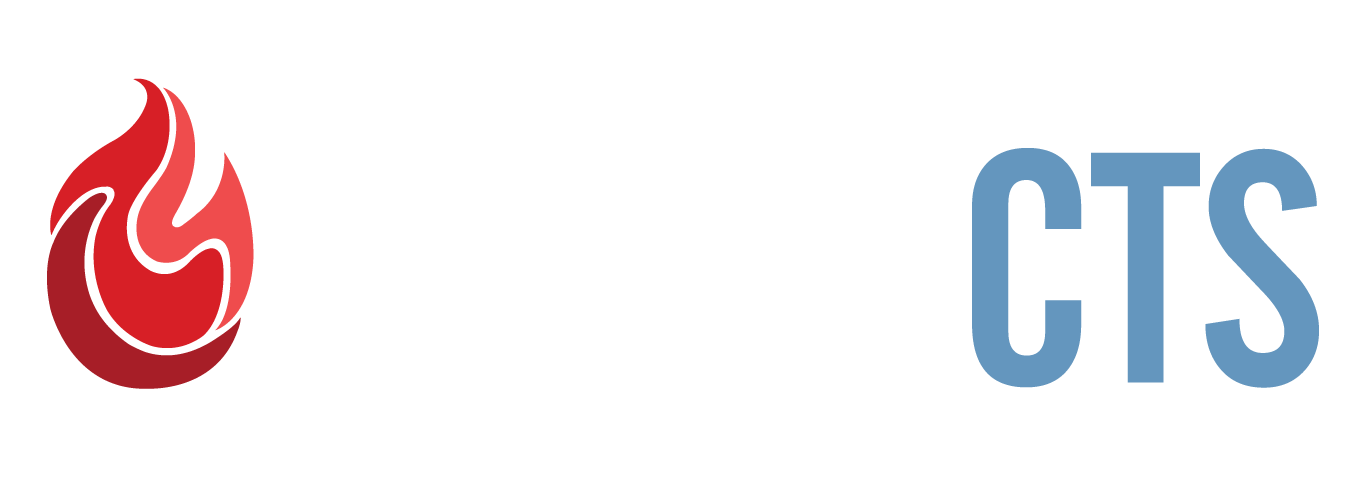Epistemologies of Trauma
The study of trauma, memory, and affect has seen significant growth across many academic disciplines in recent decades, as can be witnessed by a flurry of recent publications. Rebecca Wittmann (2012) ex-amines the role of public trials and how they shape collective memory and cultural history, for example, as Jane Goodall and Christopher Lee (2015) consid-er the way key traumatic events (e.g., floods, wars, mass migration, and so forth) are memorialized by those outside of communities affected by these is-sues. Following the path opened up by Danièle Hervieu-Léger (2000), the field of religious studies has also seen its share of enthusiasm for memorial, affect, and trauma. Oren Baruch Stier and J. Shawn Landres (2006), investigate the religious formation of community sites that memorialize traumatic events, while Jan Assman and Rodney Livingstone (2006) argue that memory, as a social construct, has cultural, social, and individual dimensions. A recent anthology edited by Maria Atkinson and Michael Richardson (2013) investigates the confluence of trauma and affect, while Donovan O. Schaefer’s lat-est book (2015) brings affect theory to the larger field of Religious Studies by investigating the possibility of embodied, transcorporeal “animal religion.”
Read the attached PDF for the full article.
You must be logged in to reply to this topic.
